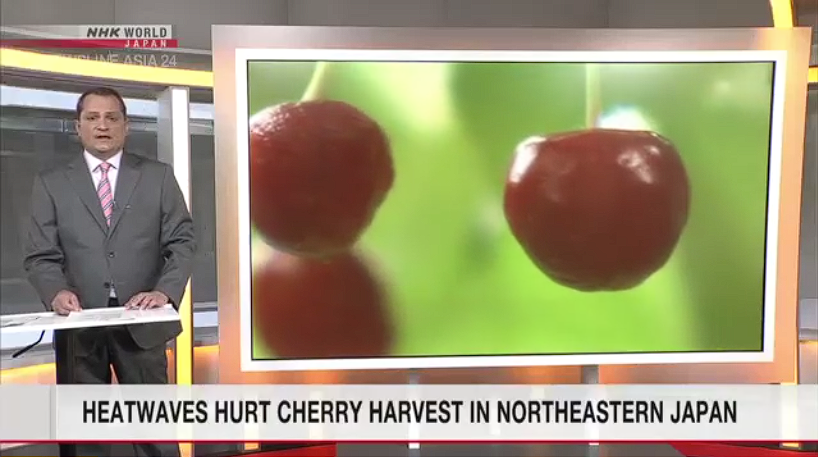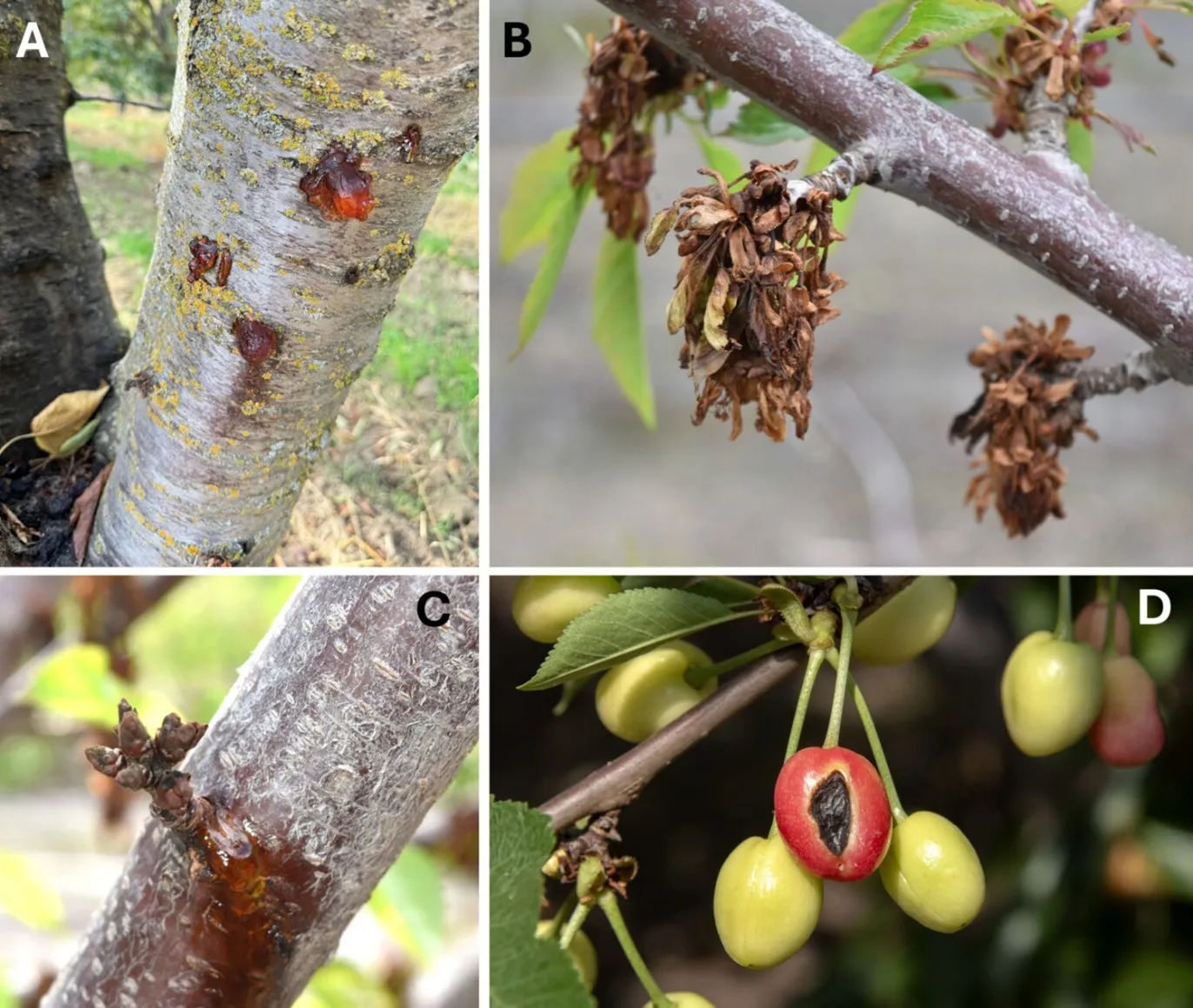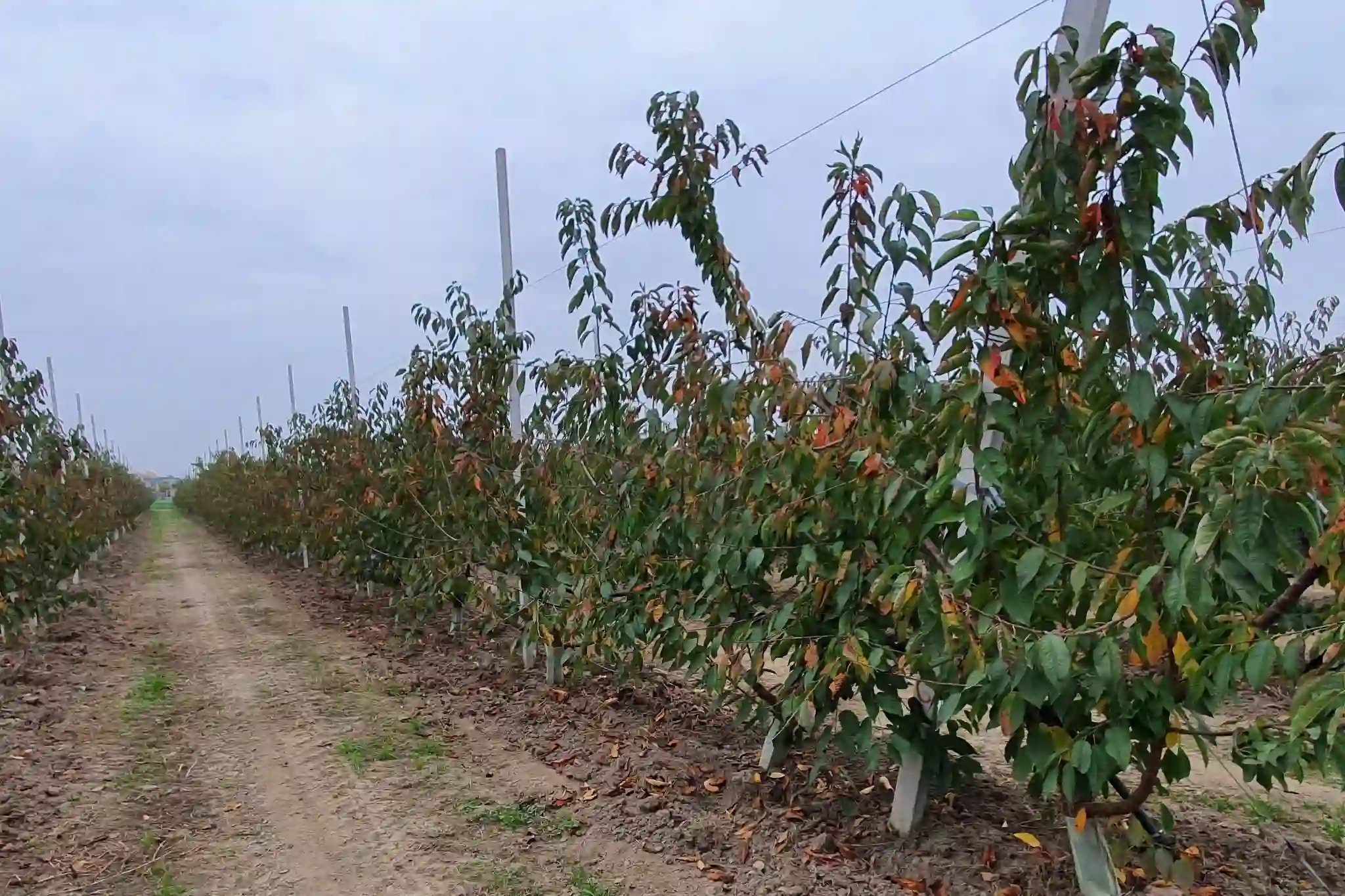The heat waves are damaging the cherry harvest in the northeastern prefecture of Yamagata, the main producer of this fruit in Japan. Municipalities in the prefecture are struggling to secure a sufficient number of cherries for a program that involves sending gifts to people who donate money in exchange for a tax reduction.
The prefecture of Yamagata accounts for almost 80% of the national cherry production, but it is likely that this year's harvest will be much lower than previously expected. The extremely hot climate for two consecutive summers has produced low-quality cherries that are not suitable for shipping.
According to the prefecture, as of June 26, about 76,000 gift packages of cherries were affected, accounting for nearly 20% of the total.
According to the prefecture of Yamagata, some municipalities would not have been able to ship the cherries by the expected dates, or they would have had to send a different variety or size.

To watch the video click here
Source: NHK World - Japan
Image: NHK World - Japan
Cherry Times - All rights reserved











